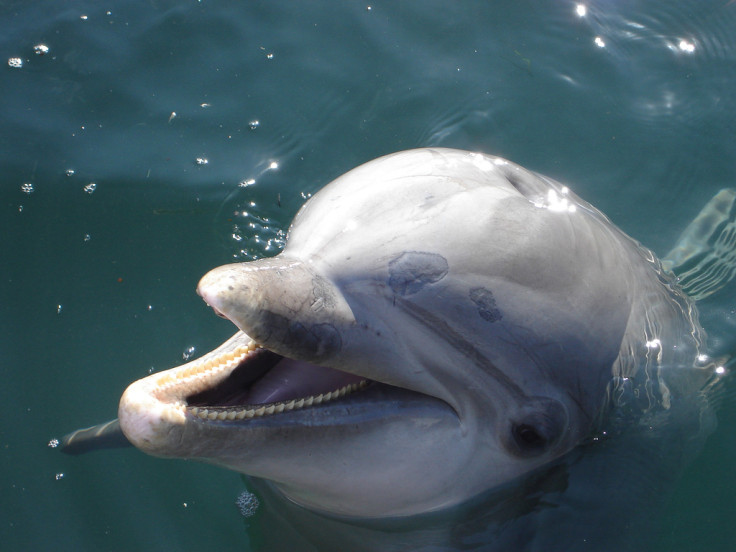Turkey: Government Replaces Human Reproduction Images in School Textbooks With Pictures of Dolphins

Pictures of human genitalia explaining the biological process of reproduction have been replaced with images of animals such as dolphins and ducklings in textbooks for primary school pupils in Turkey.
The replacement of the pictures sparked criticism, with many arguing the Islamist government is trying to promote conservative values, local Harriet Daily reported.
The move was also seen by some as a form of censorship applied by Turkish leaders.
Abdullah Tunalı, a psychology expert who chaired the İzmir branch of the teachers' union Eğitim Sen, compared the 2014's textbooks with those used last year, and showed that the images in a chapter titled "Reproduction, Growth and Development in Living Beings" had been changed.
"In the past, the inner structure of genitalia was explained to children in appropriate ways for their development, just like heart and kidneys were pictured. But the sixth grade science and technology textbook has been seriously censored this year," Tunalı said.
He added that the same section is now being taught "shortly, superficially and in a slapdash manner.
"We think the introductory information about a subject that is covered in more detail in the eighth class is not being taught healthily, as it has been censored.
"If scientific information is not taught at schools, a child's development can be harmed."
Censorship in Turkey
Censorship is widespread in Turkey; the country was ranked 152 in the 2014 World Press Freedom Index, having dropped 20 positions from the 132th place it gained in the 2010 index.
In September, the country's President Recep Erdogan implemented restrictions governing the content of online material.
The new law, originally approved by the then Turkish president Abdullah Gul in 2013, tightens the government's grip on the internet and gives the government the authority to order web hosts to keep records of web activity for up to two years. It would also allow Turkey's telecommunications authority (TIB) to block websites without first obtaining a court order.
The law was critcised as a way of preventing dissidents and citizen journalists sharing video footage or other information regarding any social or political activity, and sparked street protests and various anti-censorship campaigns.
Ergodan tried also to ban social network Twitter, along with YouTube and Facebook, claiming that these websites are "international companies established for profit. Twitter is at the same time a tax evader. We will go after it. These companies, like every international company, will abide by my country's constitution, laws and tax rules."
The ban, however, was declared illegal by a court in Ankara.
© Copyright IBTimes 2025. All rights reserved.




















